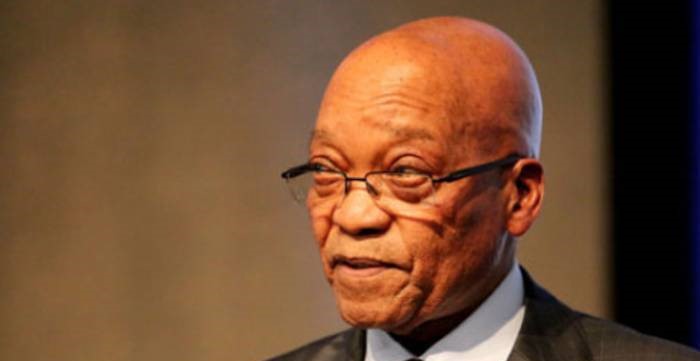Zuma relinquishes leadership of the ANC
December 16, 2017 | Expert Insights

After two terms in office, President Jacob Zuma is set to step down as the leader of South Africa’s ruling party, the Africa National Congress (ANC) after losing a no confidence vote earlier this week.
Background
Zuma’s tenure, in both his role as the head of the party and South Africa’s head of state has been rife with controversy; from allegations of profiteering and corruption to employing intimidation tactics to help pursue his own agenda.
Throughout his presidency, Zuma has faced, and defeated, resistance within his own party and even a floor test in the national assembly earlier in 2017 which was defeated 198-177. At that time 20 ANC assembly members, voted in favor of a no-confidence motion. While Zuma’s political career has been largely unaffected by the various allegations against him, by 2017, the public’s and even the party’s patience, appeared to be running out. The most recent charge from the South African Public Protector alleged that Zuma had engaged in profiteering by leveraging his relationship with the Gupta family, a prominent business family in South Africa; a claim that Zuma and the Guptas have categorically denied.
However, this revelation of possible collusion led to public protests and was seen as sufficient cause to challenge Zuma’s leadership of the ANC with a party vote ultimately defeating him this week.

Among the frontrunners to take on the title of Party leader are Nkosazana Dlamini-Zuma, who is a former cabinet minister, Jacob Zuma’s ex-wife and his choice for successor. Nkosazana Dlamini-Zuma is supported by the ANC women’s league and those loyal to Zuma.
The other front runner candidate for the party leadership is Cyril Ramaphosa, an anti-apartheid activist, who gained a great deal of prominence when he led the formation of South Africa's new, post-apartheid constitution. However, in 2012, a workers’ strike at a diamond mine owned by Ramaphosa turned deadly when police opened fire on strikers, killing 34 workers. He has repeatedly apologized for the incident insisting that it was never his intent to put anyone in harm’s way.
Despite this no confidence vote and President Zuma stepping down from his leadership of the party with immediate effect. It is not yet clear what impact this will have on his appointment as President, with most experts assuming that Zuma will be allowed to continue to serve in his current capacity until the end of his second term in 2019.
While there has been a recent downturn of support for the African National Congress, the ANC has won every election for the national government since 1994 and remains the most popular party in South Africa by a significant margin and it is not expected that a change in leadership will result in the party losing power.
Assessment
Our assessment is that Nkosazana Dlamini-Zuma could likely face an uphill battle within the party as many consider her and any government she may form to simply be an extension of Zuma-esque governance. In this regard Cyril Ramaphosa, could appear as the more favorable candidate with hopes he could institute reforms to help revive the flagging growth of the South African economy should he successfully secure both the party leadership and win the election in 2019.
A stable and growing South Africa would also be beneficial for both the economic and political stability of its neighbors and regional trading partners such as Botswana and Zimbabwe which are among the weakest economies on the continent.








Comments